community/life
-
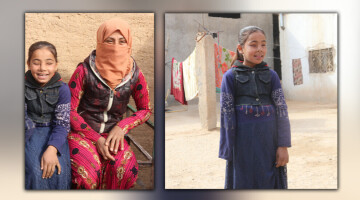
Landmines left by ISIS continue to hurt people
ISIS has lost its influence in northeastern Syria, but the landmines left it continues to hurt people. Zeyin El-Şam El-Mohammed has lost her eyes and one of her arms in a landmine explosion.
-
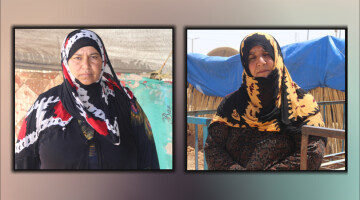
Displaced women living in Washokani camp: “The world remains silent”
Displaced women living in the Washokani camp said, “The world remains silent against what is going on. We live in difficult conditions but no one helps. We do not know from whom we should ask for support anymore.”
-
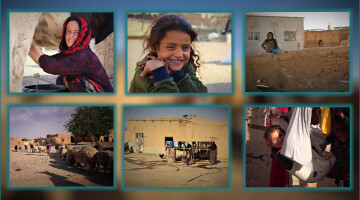
Behiya Izo who lives in Umm al-Keif village: Stop Turkish attacks
Reacting to the Turkish attacks on the Umm al-Keif village, Behiya Izo called on the international community to stop the attacks.
-
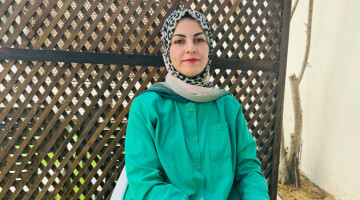
AISHA Association supports victims of violence in Gaza
AISHA Association for Woman and Child Protection, an independent Palestinian women organization, provides legal, psychological and social support to women victims of violence.
-
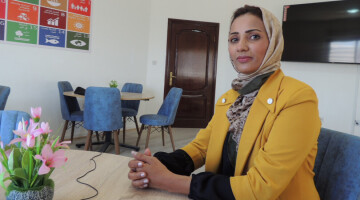
Car repair course for women in Benghazi
A car repair course has been launched for women drivers in Benghazi so that women will not feel helpless when their cars break down.
-
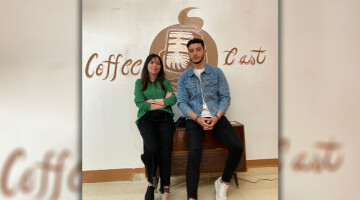
“Coffee Cast 12” reveals talents of young people
“Coffee Cast 12” initiative is a podcast that aims to highlight the youth talents in Algeria.
-
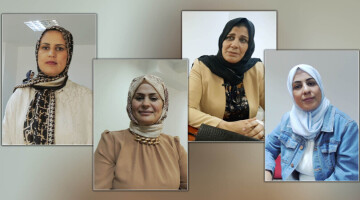
Libyan women demand safe living environments
Women in Libya do not feel safe in the workplaces and government institutions. They demand safe living environments for women in the country.
-
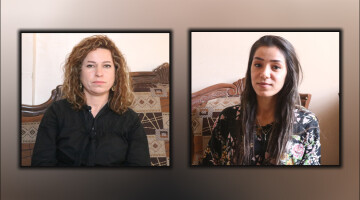
Women of Kobanê promise to resist isolation
Speaking about the aggravated isolation imposed on Kurdish leader Abdullah Öcalan, women of Kobanê said, “The Turkish state should understand that we are the Kurds who strengthen ourselves with leader Apo's ideology.”
-
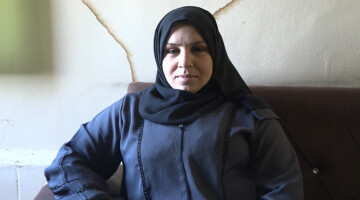
Deir ez-Zor: City ruled by women after being liberated from ISIS
Women of Deir ez-Zor, who started working for the municipalities affiliated to Autonomous Administration of North and East Syria after the city was liberated from ISIS, spoke to NuJINHA about their work.
-
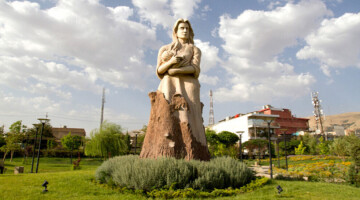
“Women should protect the roles they have assigned for themselves”
Pointing out that women's efforts are ignored due to the patriarchal mentality, the women of Sulaymaniyah called on women to protect their roles in society.
-
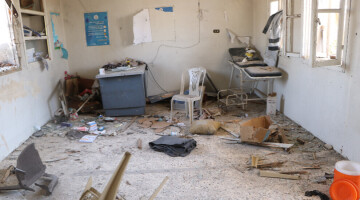
Displaced women of Afrin react to attacks: We will stay here
Displaced women of Afrin, who face being forcibly displaced again, called on the international community to stop the ongoing Turkish attacks, “We will stay here,” they added.
-
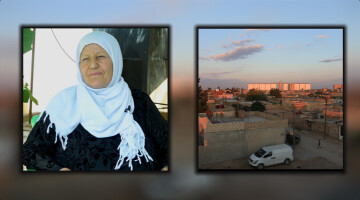
Place where communal life built: Cirnika Bicuk
The people of Cirnika Bicuk village, one of the model settlements where communal life is built, are determined not to leave their homes and lands despite all the attacks.
-
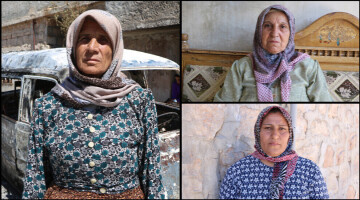
Women of Afrin: “Turkey jeopardizes our lives and safety”
Women living in the Aqiba village of Afrin Canton’s Sêrawa town say that Turkey jeopardizes their lives and safety by shelling their village.
-
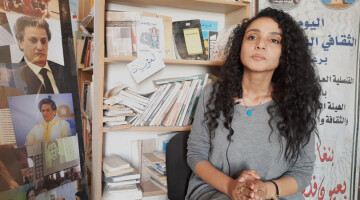
Dina Al-Fazani: The Libyan civil society movement has undergone a considerable transformation
Civil society activist Dina Al-Fazani remarked that the civil society movement has made great development.
-
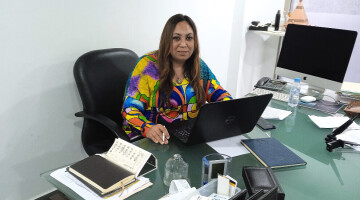
Bouchra Chakir: Moroccan women journalists seek justice
Journalist Bouchra Chakir emphasized that women journalists should work together because they have a great role in society since they hold the key to change.
-
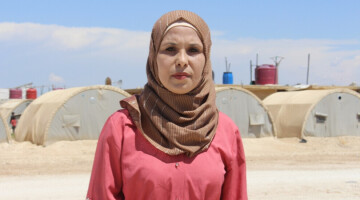
Maysa Al-Ali: Displaced people require medical care and basic essentials
Maysa Al-Ali, a member of the IDPs' Affairs Committee in the Sere-Kaniye camp, NE Syria, said that as summer approaches, the conditions of displaced people in the camp are deteriorating. “Humanitarian organizations should fulfill their responsibilities.”
-
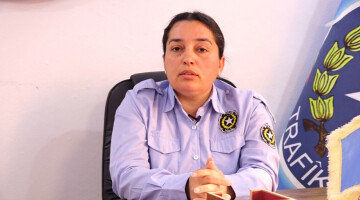
Female traffic officers direct traffic in NE Syria
In northeastern Syria, female traffic officers work hard to direct the traffic and ensure safety. “Women have proven themselves in this field,” said Berivan İsmail, the director of the Cizire Region Traffic Center.
-
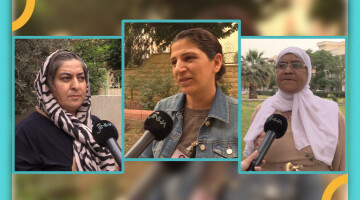
Kurdish political refugees in Kurdistan Region face risk of being killed
Kurdish political refugees in the Kurdistan Region told us that political refugees are killed by the Turkish intelligence agencies or Turkish-backed groups, “The Kurdish political refugees in the region face the risk of being killed.”
-
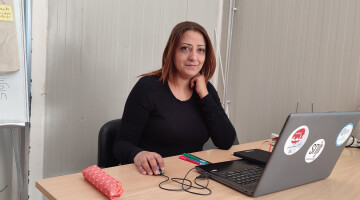
Khawla Shabeh: The fast deterioration of press freedom is a setback on the path to democracy
Khawla Shabeh: The fast deterioration of press freedom is a setback on the path to democracy
-
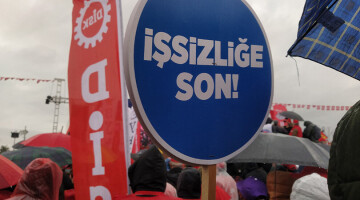
“AKP policies increases unemployment rate of women”
Hanife Kardaş, co-chair of DİSK Genel-İş Diyarbakır Branch No. 2, states that the AKP's anti-women policies has been increasing the unemployment rate of women.
